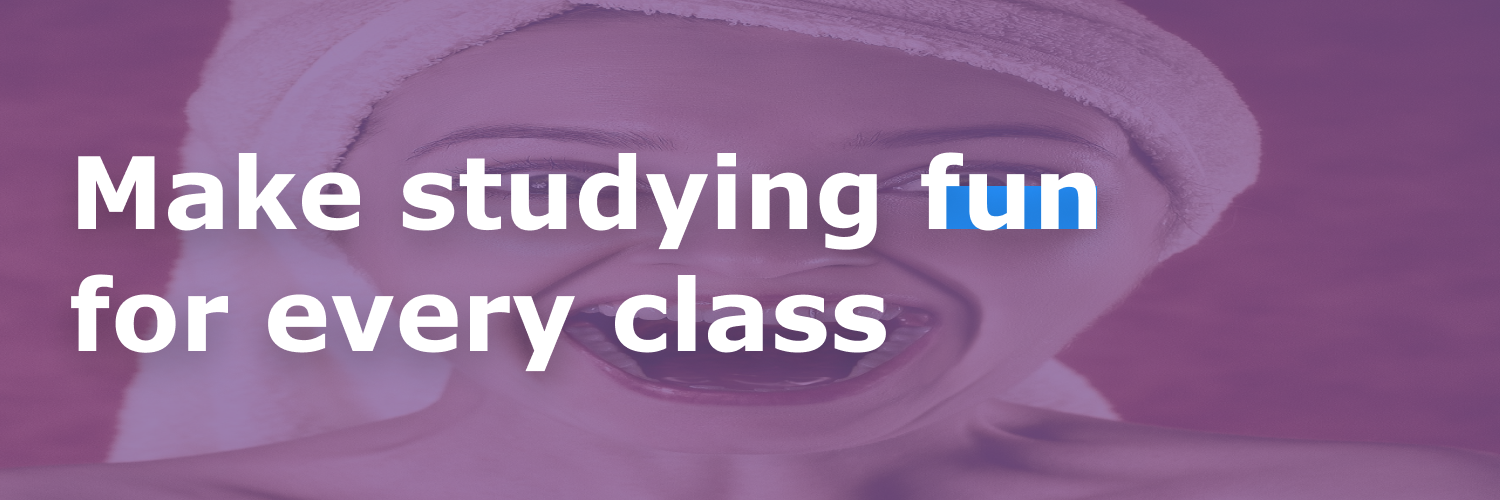How to make studying fun for every class
Author: Adan Khan 3 min 05 secs

Everyone has a favourite class. Maybe it’s one you even excel in or the one that lets you flex your creative right-brain skills. For some people, it’s their easy class, and that’s fine as well. Then there are classes that you don’t like. Most students have at least one. You dread studying for this class during term time and push it off to study for classes you do better at. You might even get excellent grades in them, but your interest in the subject may not be there. Instead of putting it to the side, you should be doing the opposite. We have made a list of things on how you can increase your interest in these subjects.
Make study guides personal
Some students can make haphazard notes and somehow glean information from them. This may not work for everyone and will not make comprehensive notes for you to look at later down the line. This will be a time-consuming task, and there may be chances where it needs to be updated after you have finished when you realise you either missed something out or got a new piece of information. Instead, it would be best to use premade study guides specific to your specification, which you can ask for any of the older years. You can then make it personal for yourself by annotating it with your comments or colouring it in your way. Having neat, personalised notes will help you get through complicated and perhaps easy to mess up problems. These kinds of messages will also make you want to look at them again later for revision.
Picturesque Flashcards
You can use many programs and apps to make flashcards and utilise them efficiently anywhere you are as long as you are stored in your devices. Along with the accessibility of digital flashcards, you can also customise them quickly and make them more engaging. Sticking images and even your own annotated drawing will make you not only be able to test your work for an exam but also help you look forward to your flashcards. This will make you memorising more fun in the long term, and when you are making the new flashcards, you will already be getting it to your working memory when you create diagrams for it.
Use of Mnemonics
One of the ways you can be a better judge (link to Elon Musk) of yourself is by talking about the topic you just studied casually. The detail and the dept you can get into will determine how much you understood it. You can have this conversation with a family member or your friends. You can take this a step further by having a two-way dialogue and knowing their perspective or how much they understand from your explanation. Acknowledging this will support your learning and make you appreciate any pitfalls you had that may have only come to the surface after the discussion.
Create something you would be proud of later on
This can be for any subject, whether you like it or not. You are creating a bank of resources that are yours and personal will allow your revision to be enjoyable in the long run. You know where everything is, and you can easily understand something which you may have forgotten. This ease of transition will support you tremendously during exam season, where every waking moment will count. Creating a good eco-system of your notes will boost your grades, and your future self will thank you for it.
Cultivate a positive mindset by studying
Suppose you see studying as some looming, awful thing that is coming. It’s going to be so much harder to learn when you have to. If you want to study to be easier and more enjoyable, you have to create a positive relationship. You don’t have to love learning. You have to make learning work for you. And maybe you have some fun with it.
